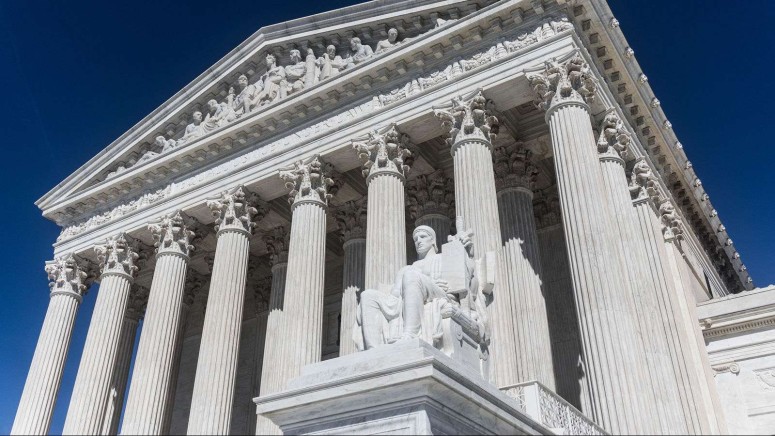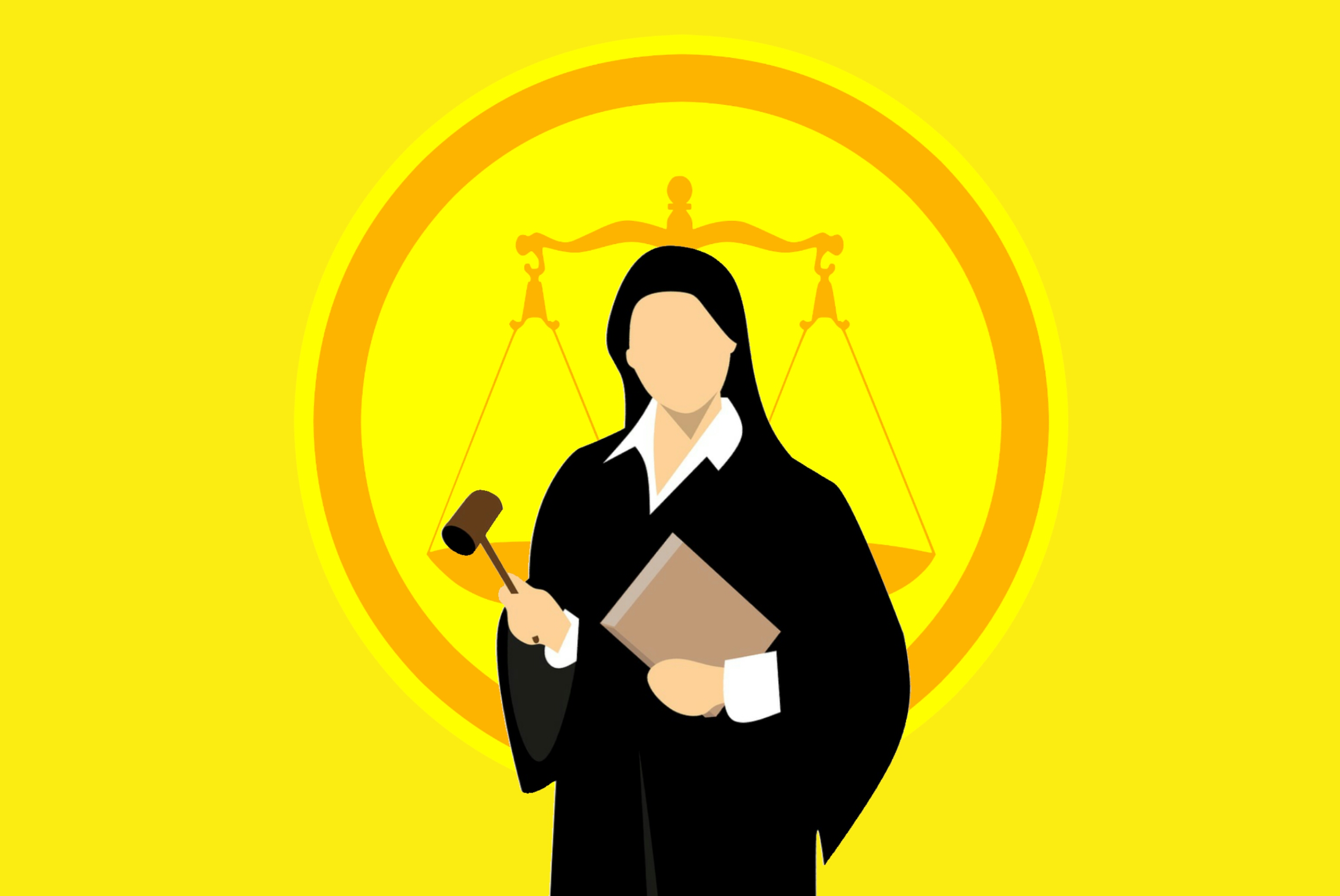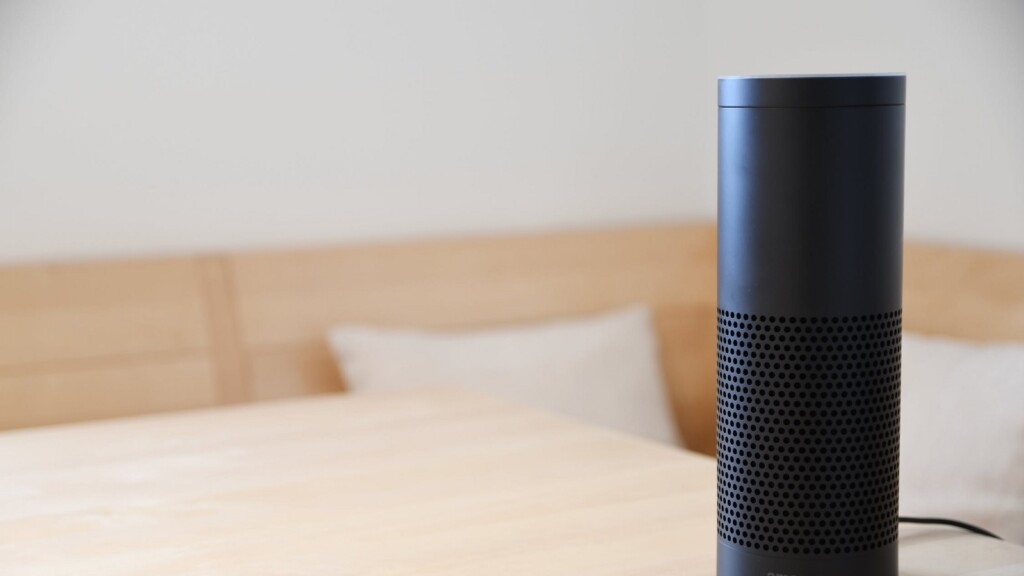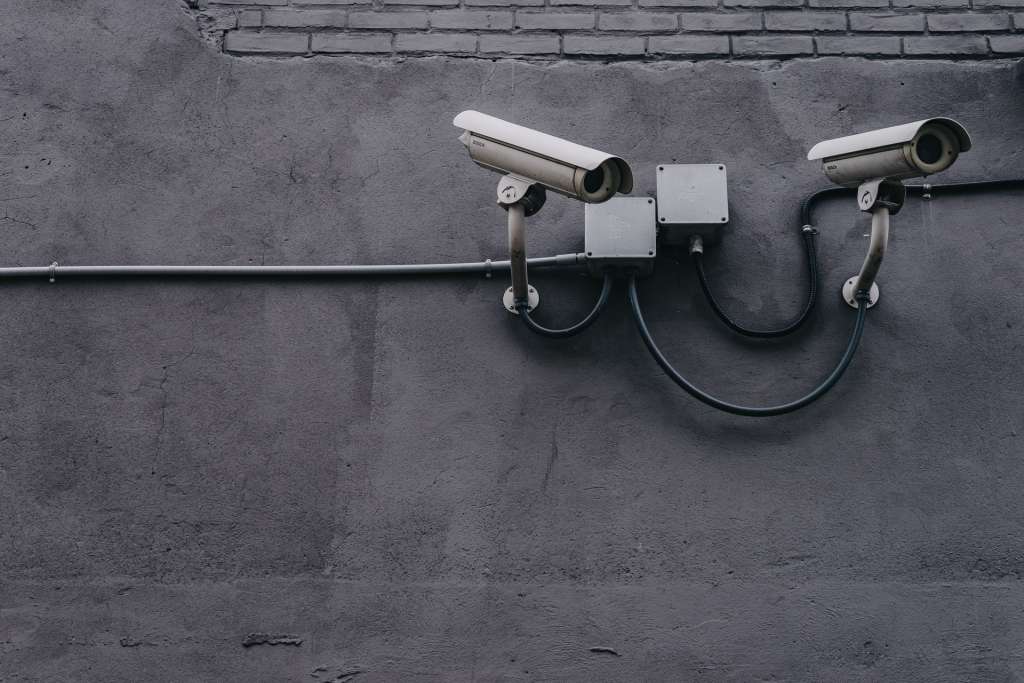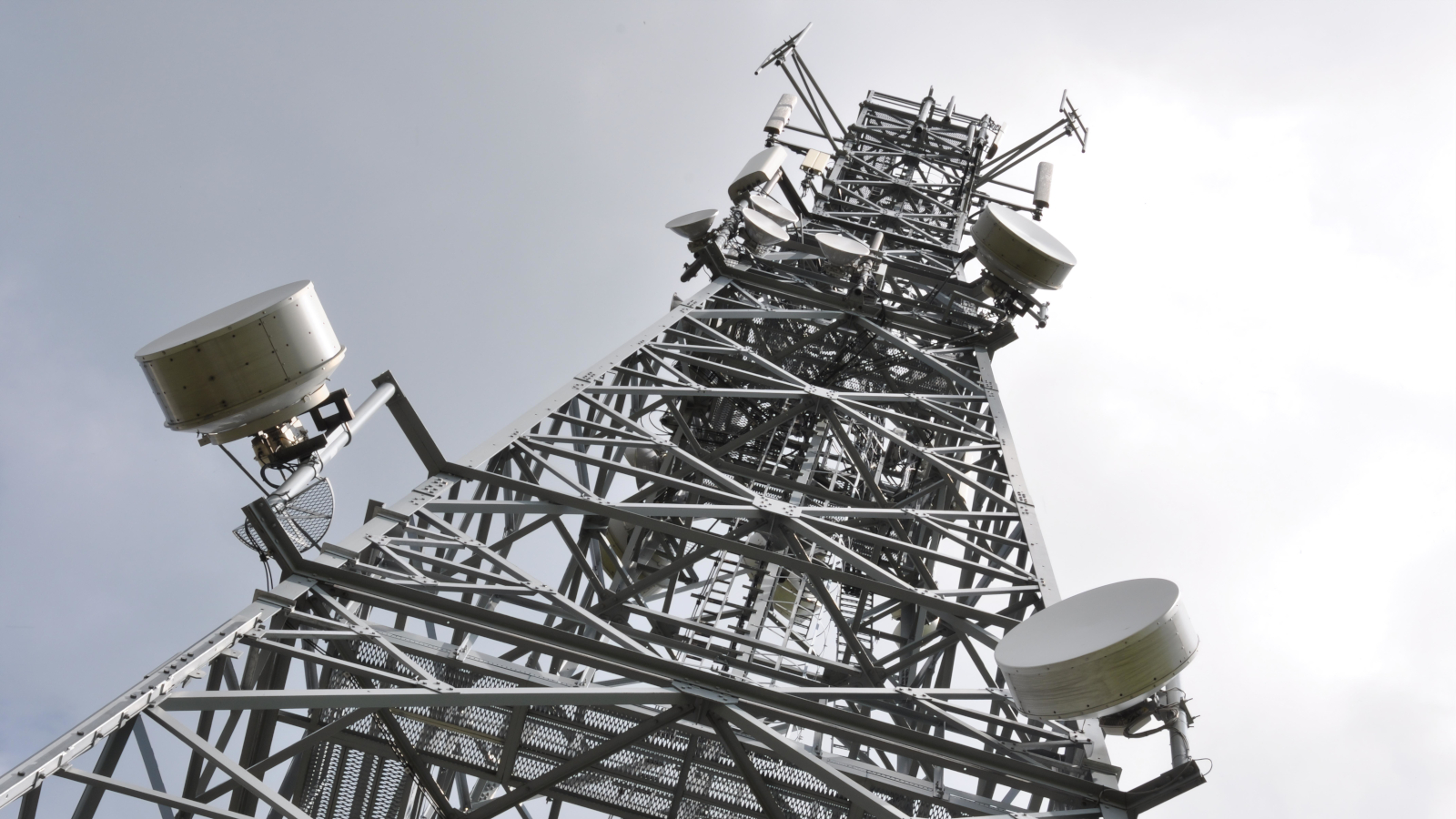
How Governments Invade Privacy
While corporate upstarts have been moving in on the business of privacy invasion, it's still national governments that hold the most sway over how much privacy we have.
Whatever privacy we do have is at the pleasure and mercy of the government. They have the infrastructure, manpower and legal force to take privacy away from you at any time. It's only by social contract and agreement that we have privacy under any government, balanced against the will of the people.
However, the people can't protest what they don't know and the various world governments are experts at exerting control in ways that aren't always obvious.
Sneaking in Anti-Privacy Laws
The law is a government's greatest weapon against its citizens. The most ethically and morally bankrupt practices can be put into effect as long as they are legal. In theory, lawmakers should represent their constituents, but in practice, there are other competing interests from big business and lobby groups that are not always in the interest of regular people.
One of the best examples of this has to be the Patriot Act, which was a massive piece of legislation passed in the wake of 9/11. This empowered the US government to perform an unprecedented level of surveillance on US citizens. Of course, this is done in the name of "national security", which is much easier to do when people are scared.
Safety and security are common excuses. They allow the passage of laws that make people feel safer. Usually at the cost of personal freedom. However, more often than not these laws don't actually make things any safer.
The Patriot Act is anything but subtle. The really insidious laws are ones which people don't even connect to personal privacy. Which is why it's important for everyone to keep an eye on gazetted laws.
Hacking IoT Devices
More and more of our everyday appliances are becoming smart and connected. Smart TVs are quickly becoming the norm, and wearables like fitness trackers and smartwatches are on the rise.
The recent case of Jamal Khashoggi alleges that his Apple Watch recorded his murder and synced it to his iPhone. Whether true or not, it is feasible for our own tech to spy on us.
For example, it is also alleged that the CIA hacks Samsung TVs to listen in on the occupants of a home. Smart speakers also come with a whole list of privacy risks.
With authoritarian governments such as China, it's even more blatant. Apart from the Great Firewall of China, it now turns out that some computers and devices have been compromised by a Chinese spy chip. This is on top of the privacy woes brought on by cheap, poorly secured IoT devices. Making it easy for hackers to compromise them.
AI and Machine Learning
The key technologies that will shape the 21st century are without a doubt AI and machine learning. The mountains of data we generate and collect don't mean much to the human eye. Give it to powerful computers running artificial intelligence algorithms, and suddenly data turns into insights.
There are many benefits that come from this. However, it also means that machines can profile us an infer private information from public data. There is a point where the sum of your innocent, public activities can reveal personal things about you that you never wanted to disclose.
It also brings up the specter of vote manipulation. Scandals such as the purported Russian US election interference are only a taste. AI is going to play a role in every aspect of government surveillance. Doing what a million CIA analysts could never match.
Listening to every phone, watching every face in public and anything else hooked up to a digital system. AI technology could weaponize it all.
Communication Interception
It should be no secret that governments have bugged phone lines and otherwise tried to intercept information that passes through communications systems for decades. The task of intercepting communication has become harder though, thanks to the advent of end-to-end encryption for the average user.
That means governments are likely to target soft targets such as unencrypted voice traffic on cellular networks. Unless you’re using one of these encrypted messaging systems anything you say is potentially vulnerable to interception.
Big Brother is Watching
It’s easy to think of government surveillance as evil, but the intent behind these efforts don’t necessarily come from a bad place. The truth is that the world really is a scary place full of dangers. There has to be some sort of limit to how much privacy we afford people on average. It would be too easy to exploit absolute privacy to institute change that would abolish all freedoms.
However, a government that treats privacy itself as the enemy as a way to build and consolidate power is another story. It’s a short but slippery slope from a government that keeps picking away at privacy and a full-blown dictatorship.
So any encroachment on our privacy has to be seriously weighed up against the gains. Is a serious blow to privacy worth a small increase in security? That’s something we as citizens of the world need to think seriously about and oppose when those in power step over the line.
Have you ever been subjected to such surveillance? Let us know in the comments below. Also, don’t forget to follow TechNadu on Facebook and Twitter. Thanks!

